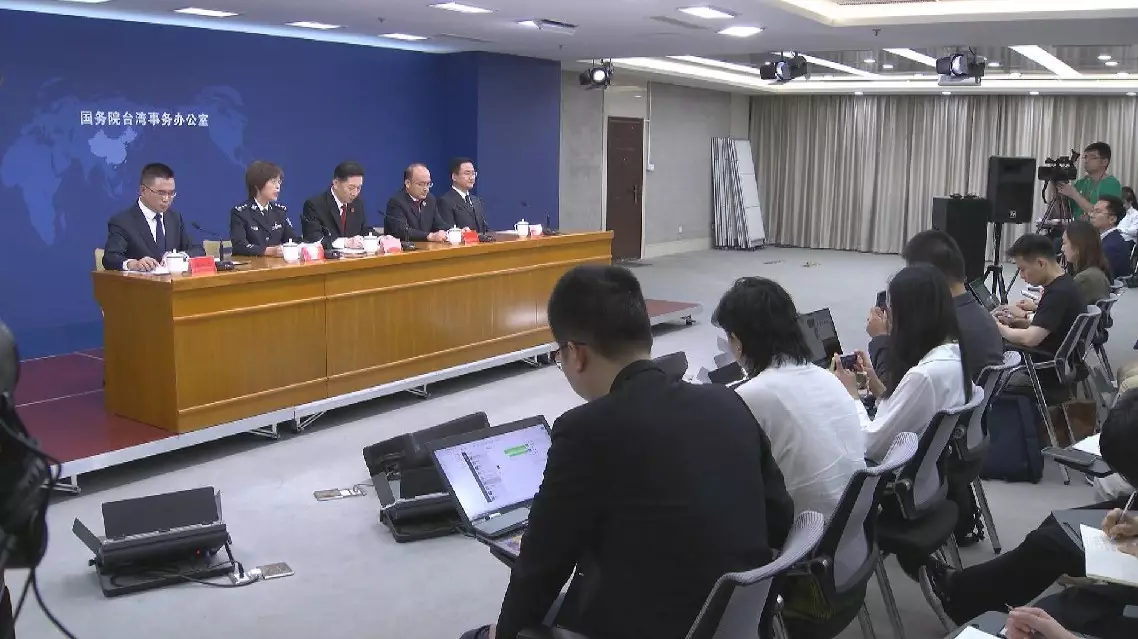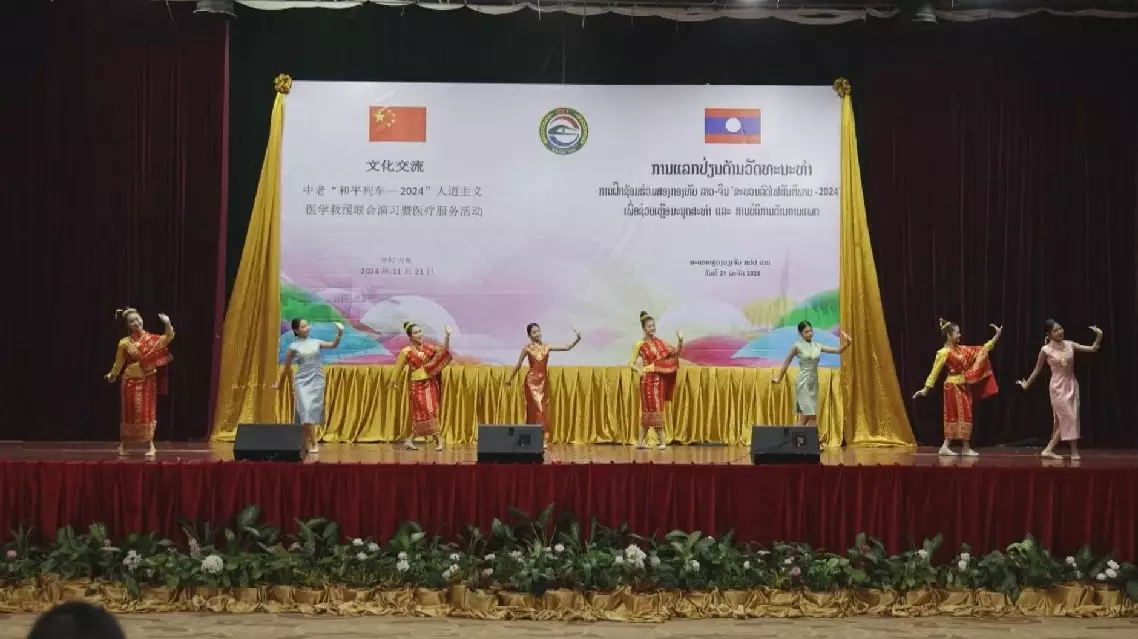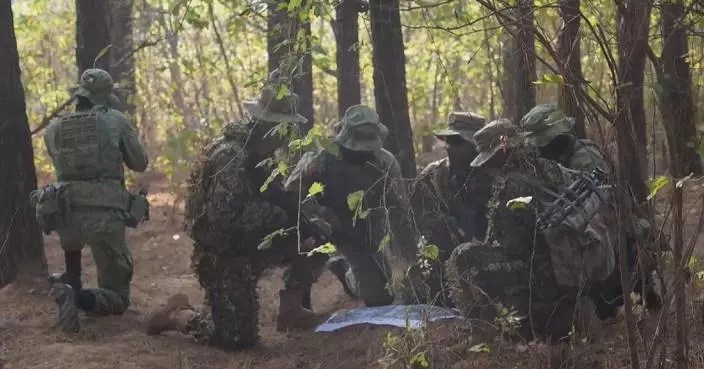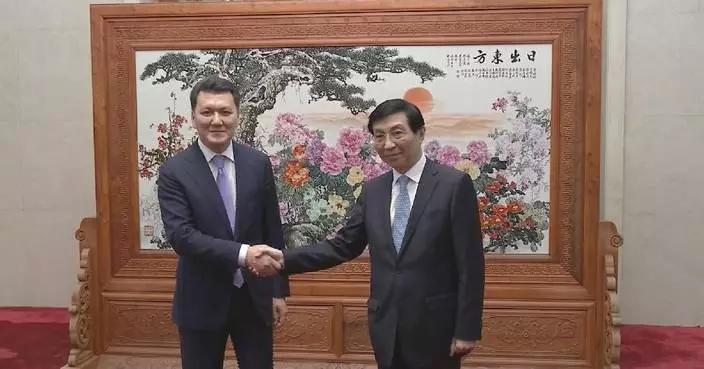Chinese authorities on Friday issued a set of guidelines on imposing criminal punishments on diehard "Taiwan independence" separatists for conducting or inciting secession, allowing the death penalty and a trial in absentia in relevant cases.
The guidelines, jointly issued by the Supreme People's Court, the Supreme People's Procuratorate, and the ministries of public security, state security, and justice, took effect upon release.
The document, based on the Anti-Secession Law, the Criminal Law, and the Criminal Procedure Law, provides more specific rules concerning conviction and sentencing in the event of such crimes, as well as relevant procedures, serving as guidance for the judiciary in handling relevant cases.
It spells out clearly defined circumstances in which a very few diehard "Taiwan independence" separatists, through acts such as organizing, plotting, or carrying out schemes of "de jure independence" or seeking independence by relying on foreign support or by force, should be held criminally responsible.
It also stipulates that those who are found to have colluded with any foreign or overseas institution, organization, or individual in committing such crimes should be given a harsher punishment.
"In view of the fact that the main area of activity of the diehard 'Taiwan independence' separatists is in the Taiwan region and in foreign countries, the document makes it clear that in cases where these separatists conduct or incite secession, a trial in absentia may be applied in accordance with the law," Ma Yan, a member of the Adjudication Committee of the Supreme People's Court, told a press conference in Beijing.
The guidelines further stress the principles of balancing clemency and severity and proportionality in judicial procedures, saying that if diehard "Taiwan independence" separatists voluntarily drop their "Taiwan independence" stance, stop conducting separatist activities, and take measures to mitigate or undo the harm, or prevent the spread of the damage, they may have their cases dismissed or be exempted from prosecution.
"It is common practice for countries worldwide to use criminal justice measures to penalize criminals for secession and to safeguard the core interests of the country. Criminal punishments target only a very small number of diehard 'Taiwan independence' elements who are involved in egregious acts and statements advocating 'Taiwan independence' and rampant 'Taiwan independence' activities, as well as the crimes of secession and incitement to secession committed by them. Such punishments will not affect the vast majority of Taiwan compatriots," said Chen Binhua, spokesperson for the State Council Taiwan Affairs Office.
According to Article 6 of the document, those who commit the crime of splitting the state may be sentenced to death if the crime causes particularly grave harm to the state and the people or if the circumstances are particularly serious.
"Taking chief criminals or serious crime as an example, the statutory maximum penalty for inciting secession is fixed-term imprisonment of five years or more, with a period of recourse of 15 years; the statutory maximum penalty for secession is the death penalty, with a period of recourse of 20 years; if the circumstances and consequences of a secessionist crime are particularly egregious and serious, and criminal liability must be pursued in accordance with the law, recourse may still be pursued even after the 20-year period of recourse has expired with approval from the Supreme People's Procuratorate," said Sun Ping, deputy director of the Bureau of Legal Affairs under the Ministry of Public Security.
According to the guidelines, relevant proceedings must be carried out following due process without prejudice to the litigation rights of the suspects or defendants, such as their right to defense and right to appeal.
The document also urges all relevant authorities to fully exercise their functions, severely punish the "Taiwan independence" diehard elements for conducting or inciting secession, and resolutely safeguard national sovereignty, unity, and territorial integrity.

China issues judicial guidelines on imposing criminal punishment on diehard "Taiwan independence" separatists









